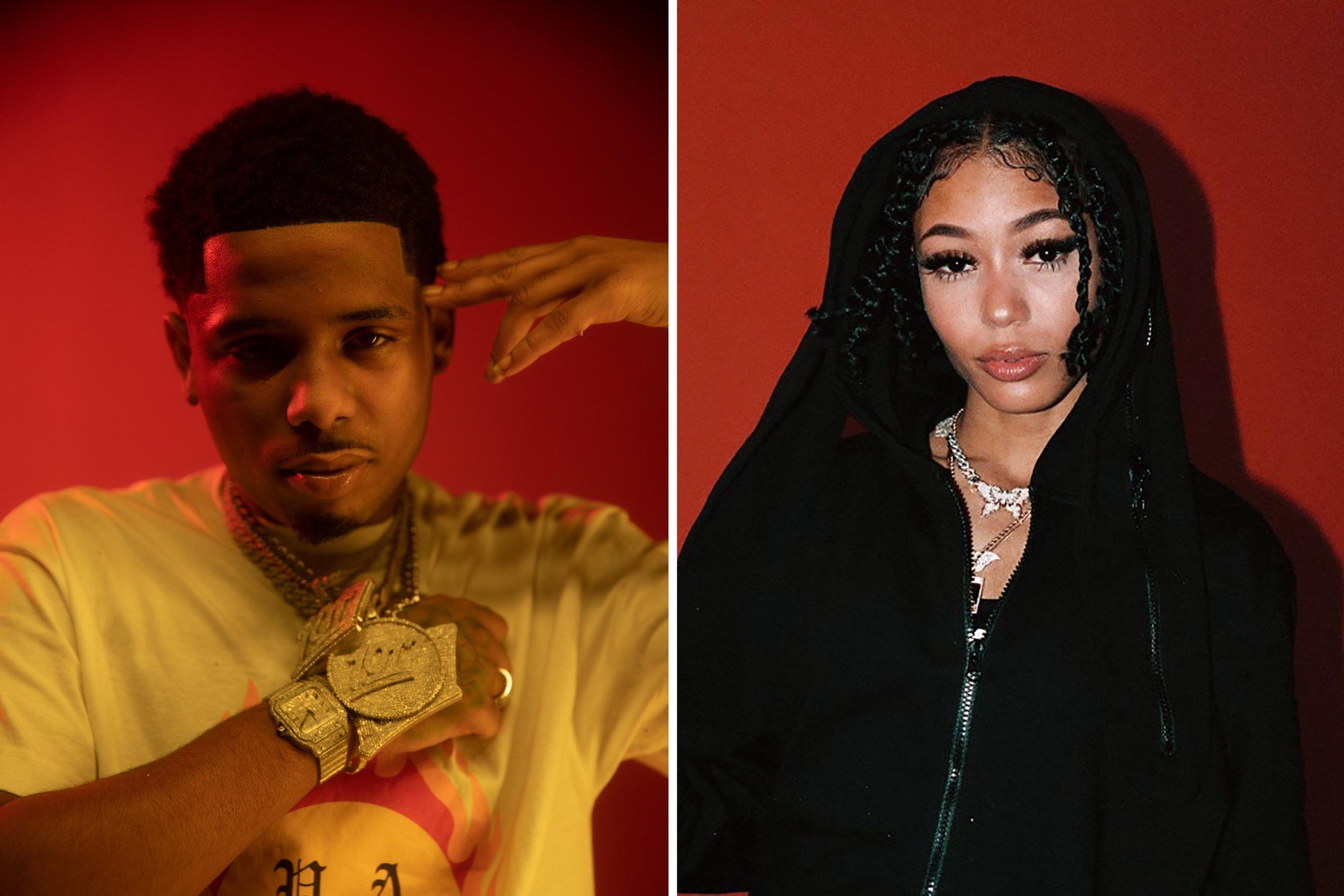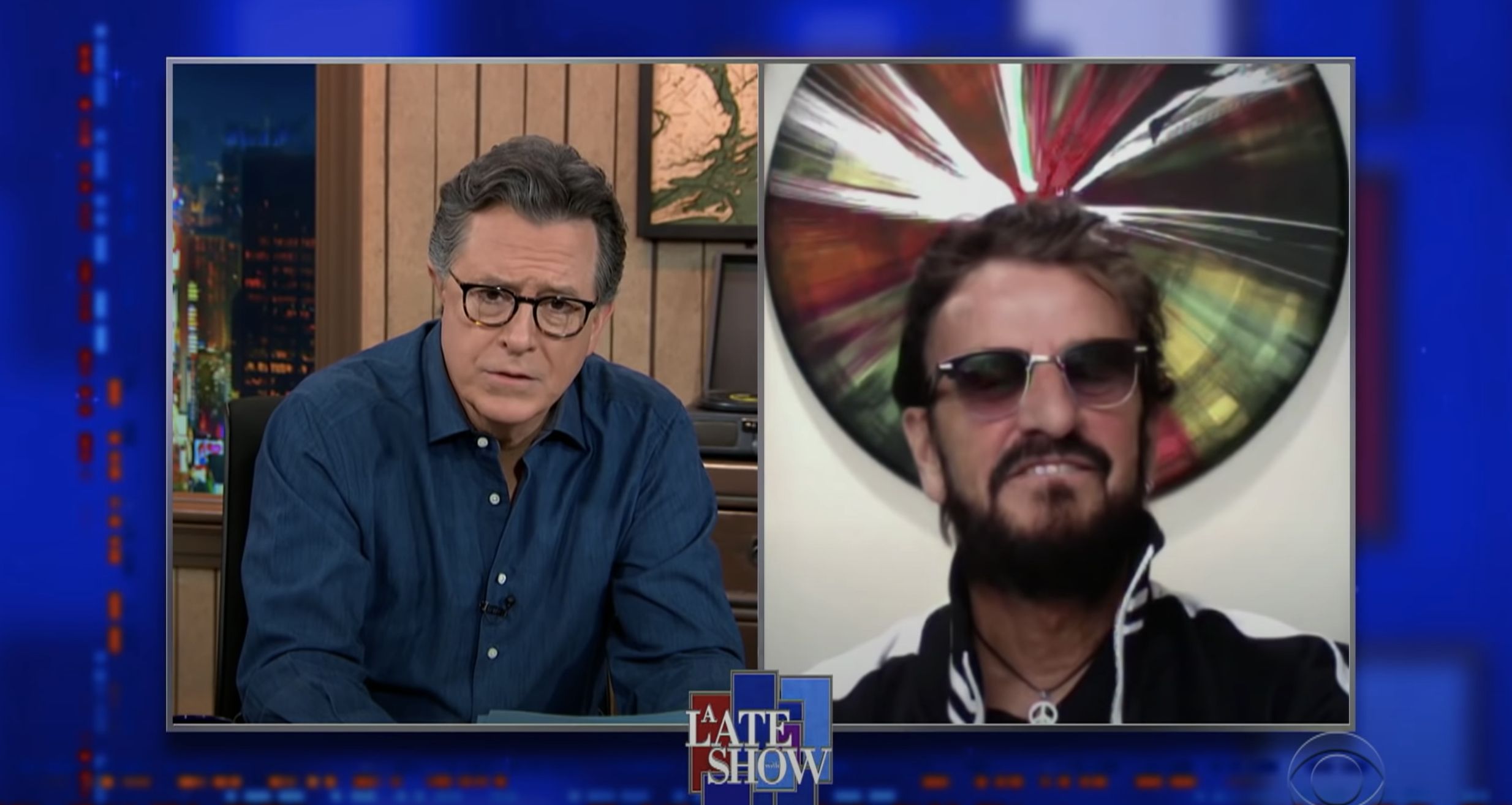
Paul McCartney, Kate Bush, Noel Gallagher Sign Letter Urging Streaming Revenue Reforms
Paul McCartney, Kate Bush, Noel Gallagher, and other British and U.K.-based musicians have signed an open letter to England’s Prime Minister Boris Johnson calling on him to embrace reforms that would improve streaming revenues for artists, performers, and songwriters.
The letter is backed by the Musicians’ Union and the Ivors Academy (the former a U.K. trade group for working musicians, the latter an association for songwriters and composers), which represent tens of thousands of U.K. music professionals. It comes as artists in the U.K. await a final report and official recommendations from members of parliament following an inquiry into the economics of streaming (per Billboard, the report is expected to be published before a July recess).
View this post on Instagram
Other letter signatories include Damon Albarn, Billy Bragg, Chris Martin, Roger Daltrey, Brian Eno, Marianne Faithfull, Robert Fripp, Peter Gabriel, Bob Geldof, Boy George, Eric Idle, Shabaka Hutchings, Annie Lennox, Johnny Marr, Chris Martin, Laura Mvula, Kate Nash, Jimmy Page, Robert Plant, Sting, and Jessie Ware.
“For too long, streaming platforms, record labels, and other internet giants have exploited performers and creators without rewarding them fairly,” the letter to Prime Minister Boris Johnson reads. “We must put the value of music back where it belongs — in the hands of music makers.”
The letter argues that older laws have not kept up with the shift to streaming and that a handful of reforms would significantly boost the average per-stream payout (typically less than one U.S. cent) to artists and songwriters (and start ensuring session musicians receive some revenue as well). Chief among these reforms is a change to the 1988 Copyright, Designs, and Patents Act, which the letter says will ensure that “today’s performers receive a share of revenues, just like they enjoy in radio.”
The letter also calls for a new regulator “to ensure the lawful and fair treatment of music makers. The U.K. has a proud history of protecting its producers, entrepreneurs, and inventors. We believe British creators deserve the same protections as other industries whose work is devalued when exploited as a loss-leader.”
The letter closes by stating: “By addressing these problems, we will make the U.K. the best place in the world to be a musician or a songwriter, allow recording studio and the U.K. session scene to thrive once again, strengthen our world-leading cultural sector, allow the market for recorded music to flourish for listeners and creators, and unearth a generation of talent.”




